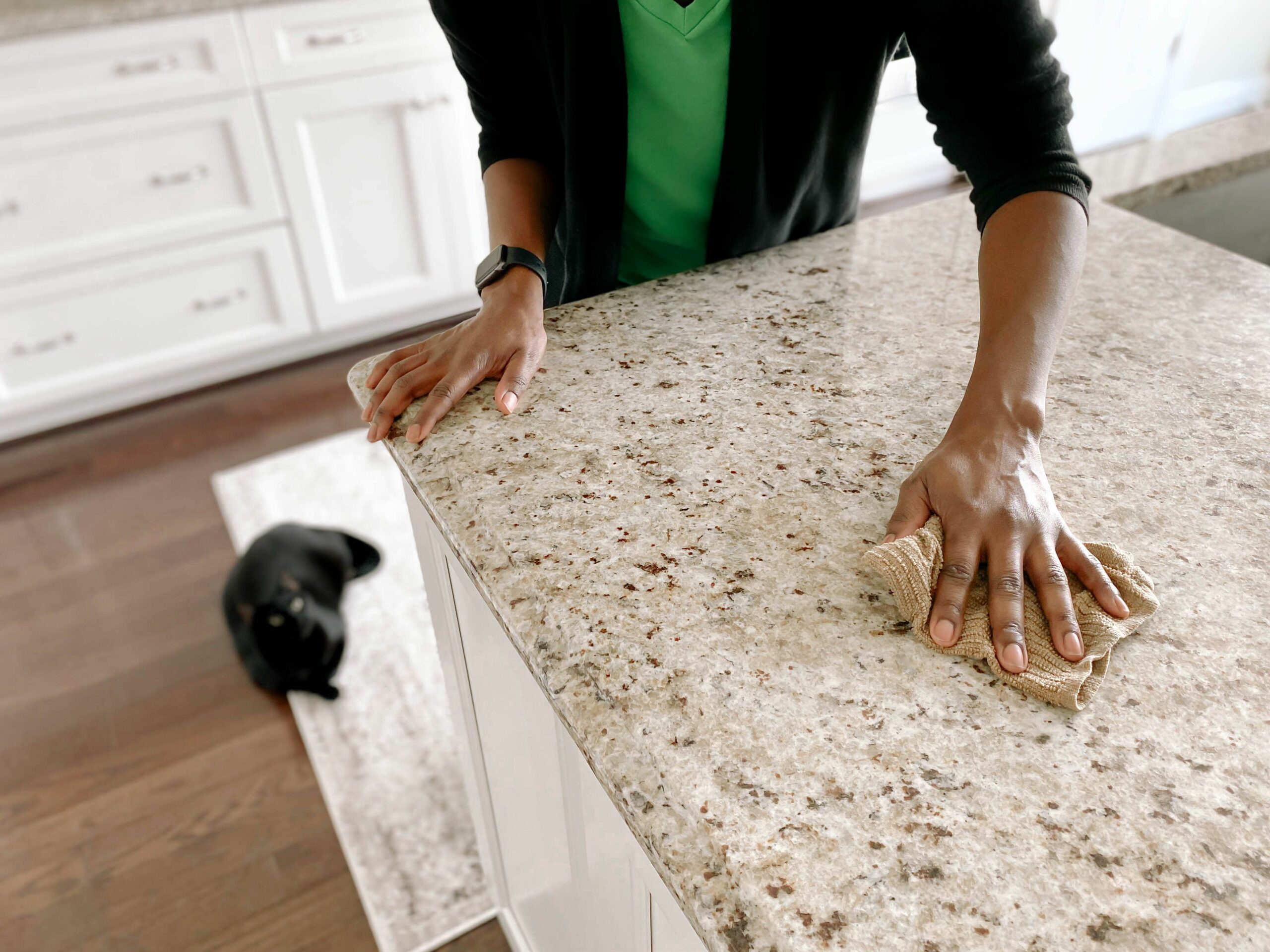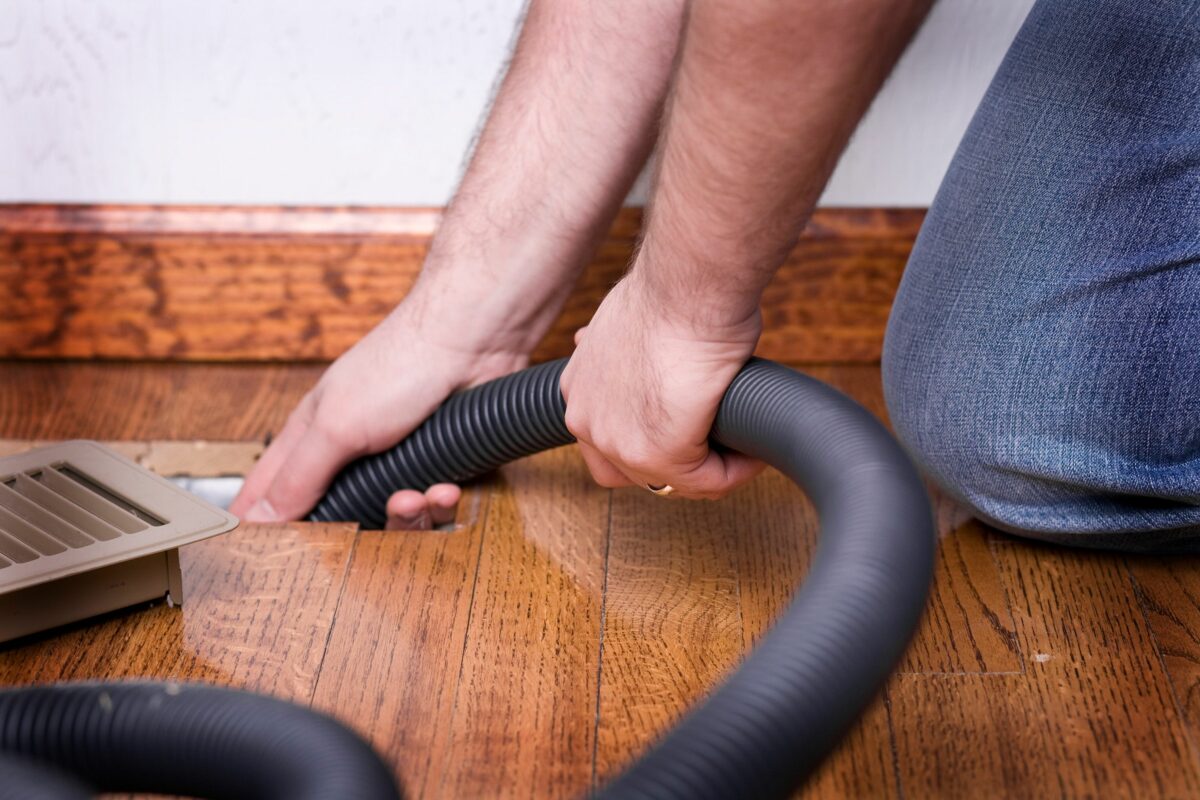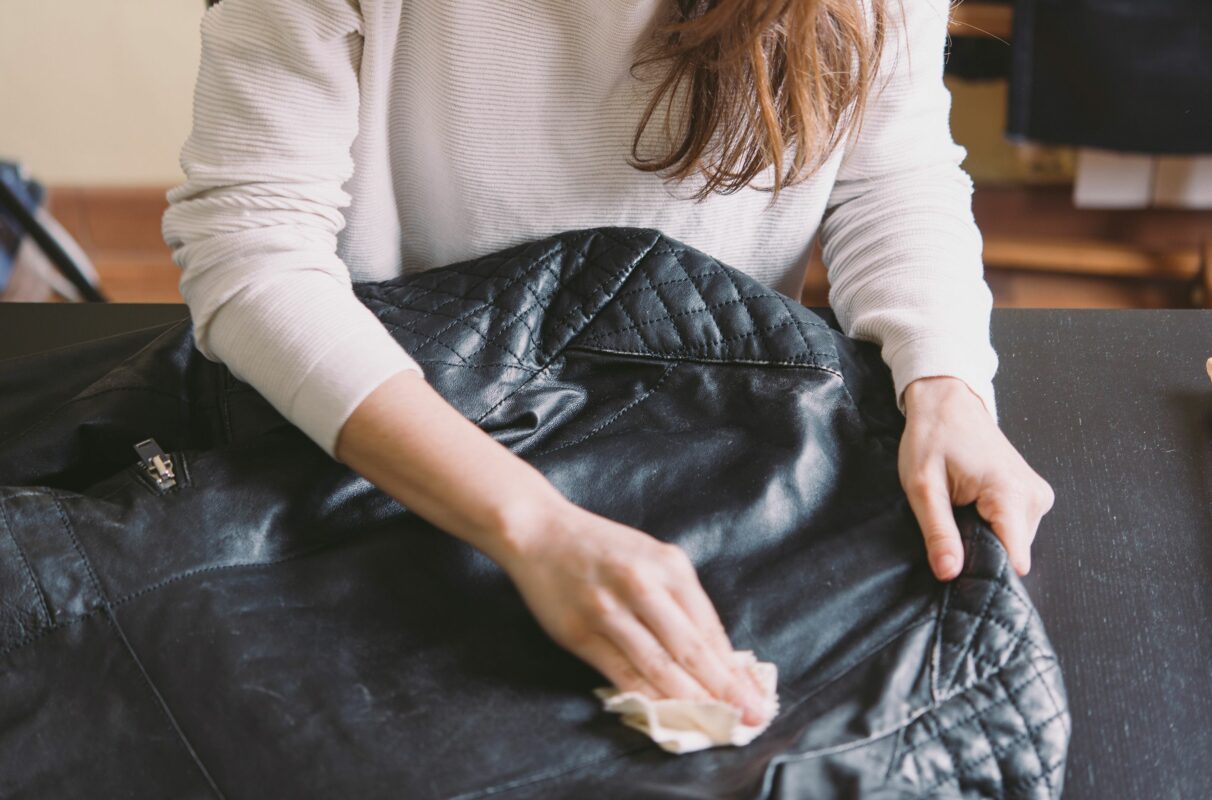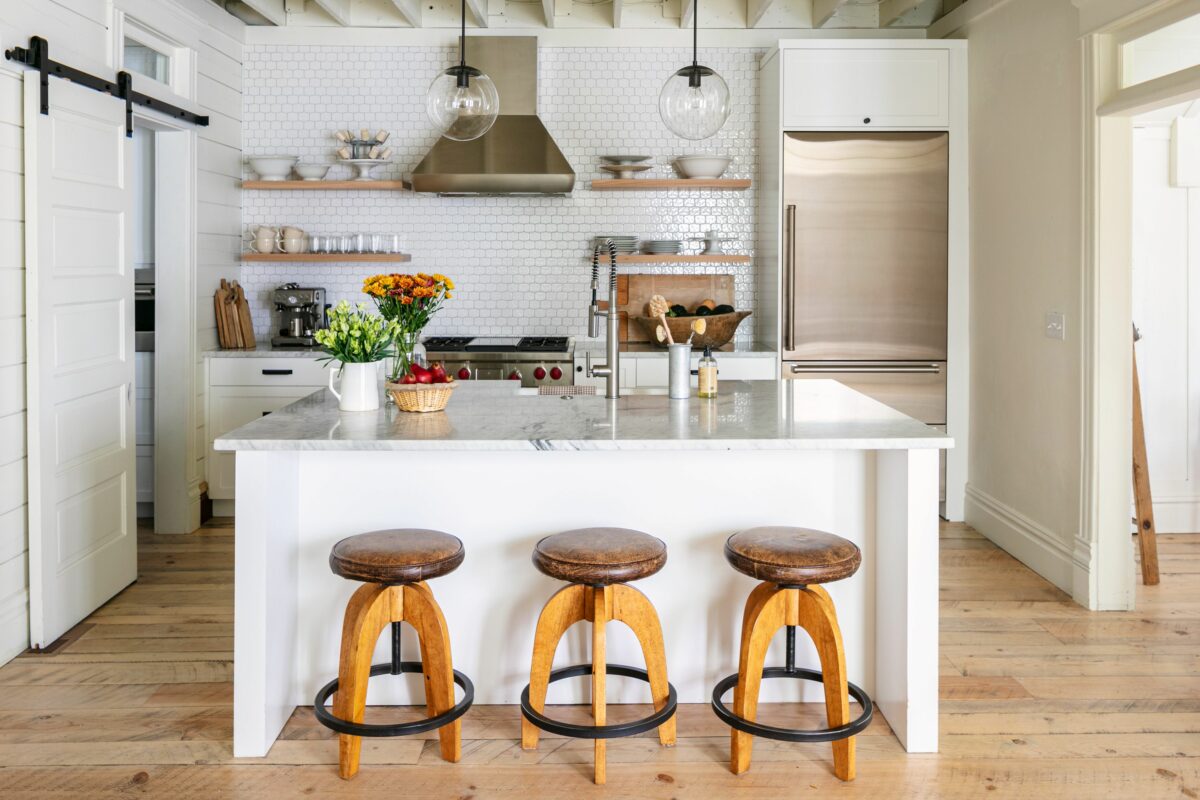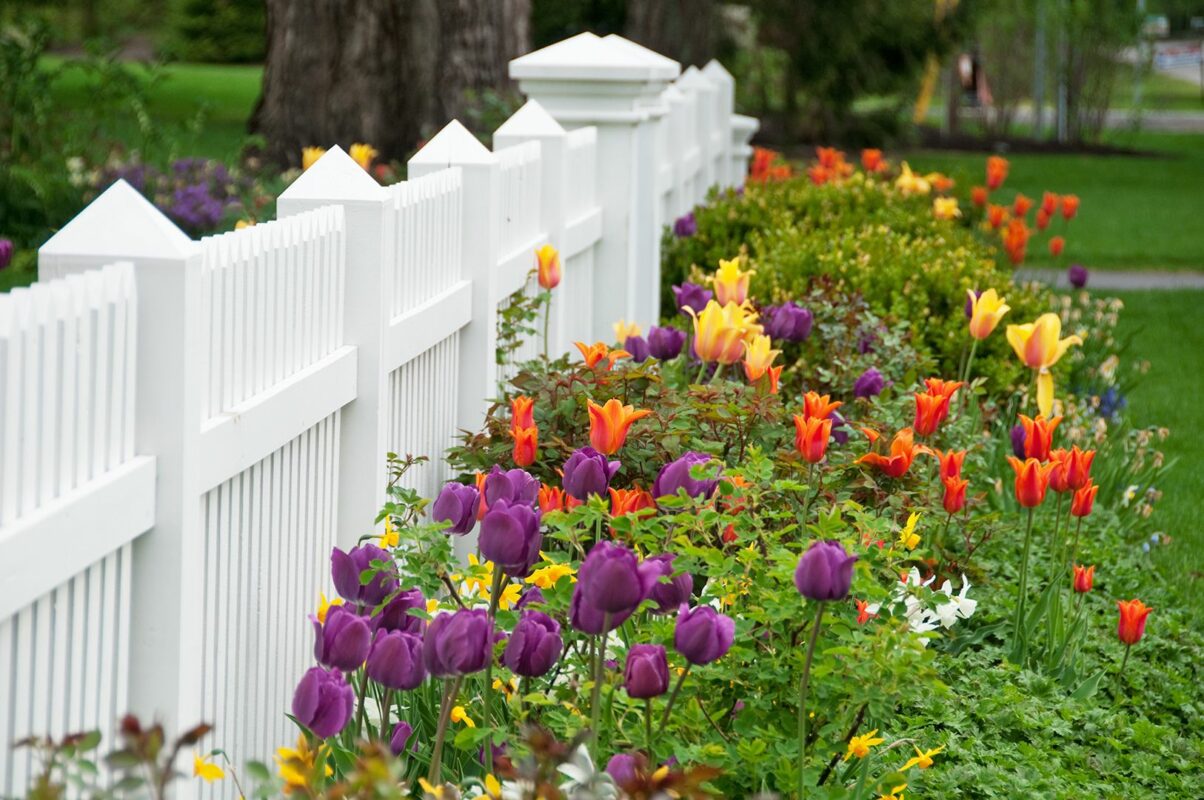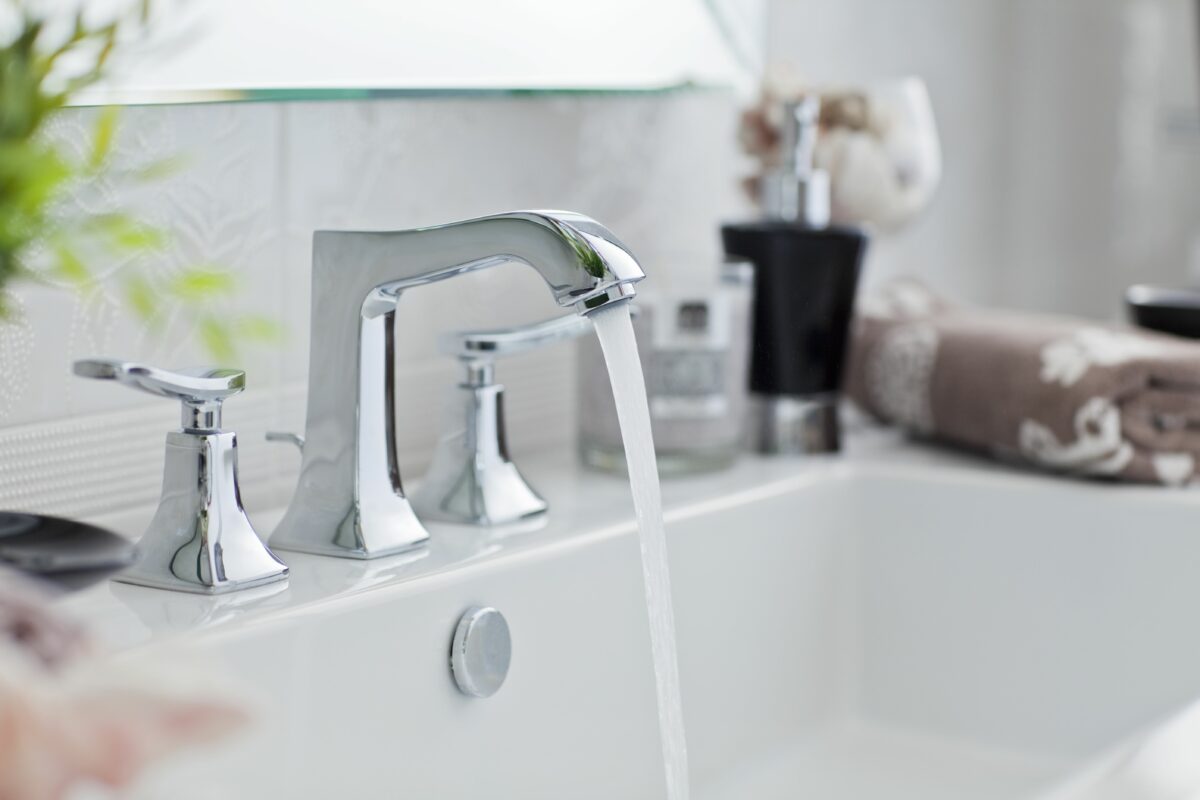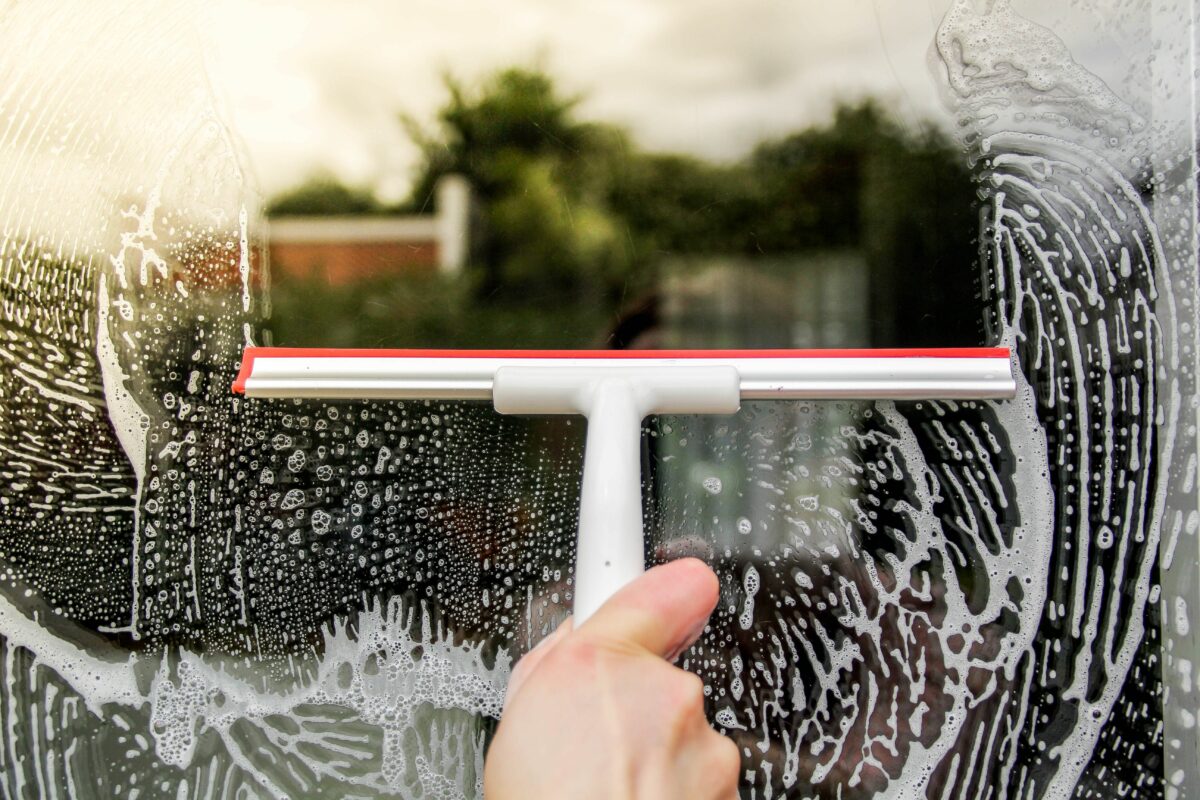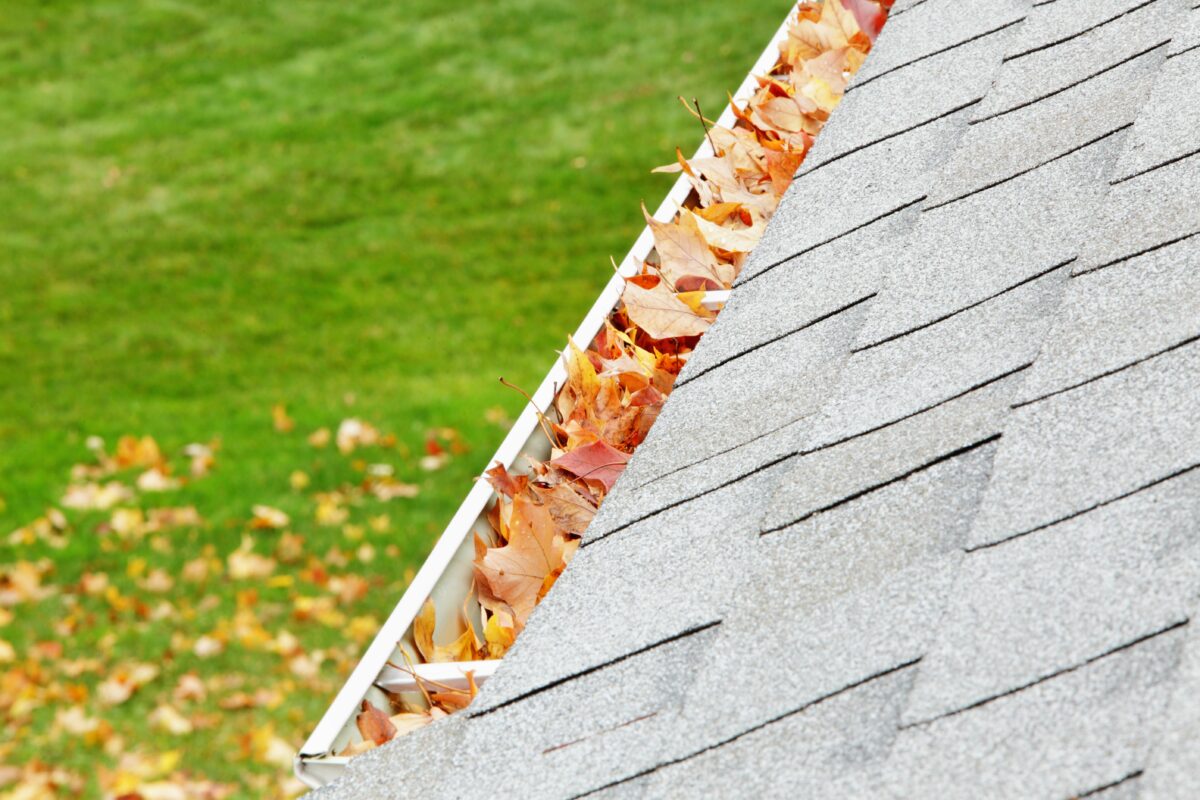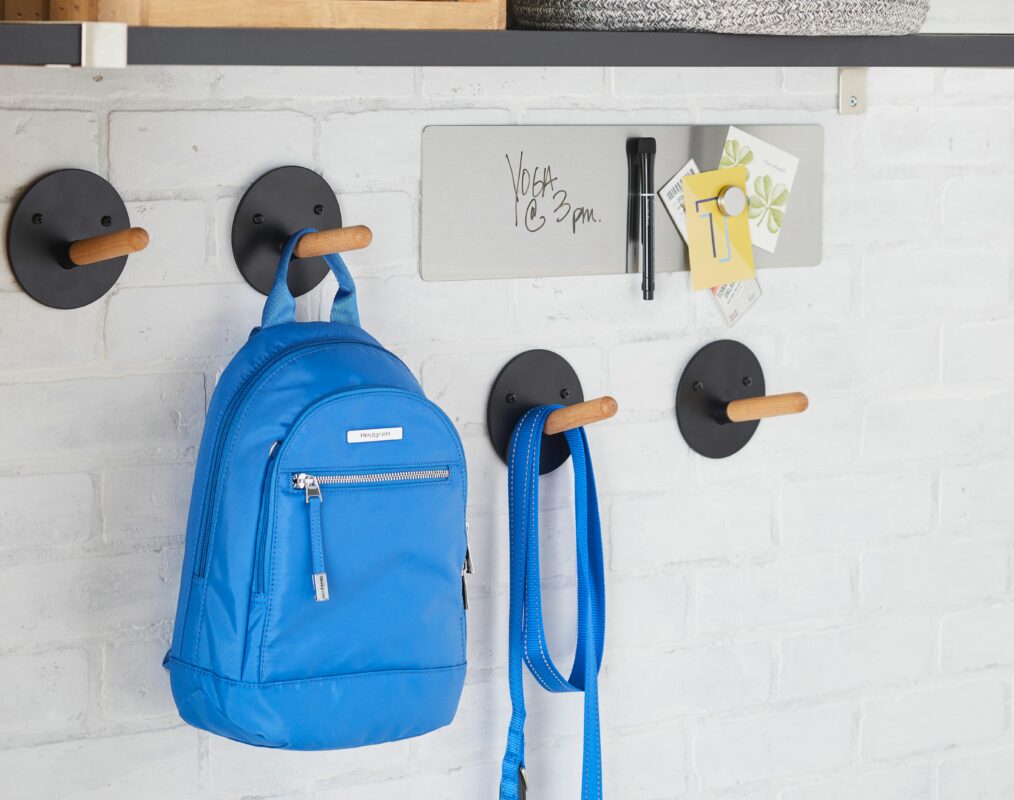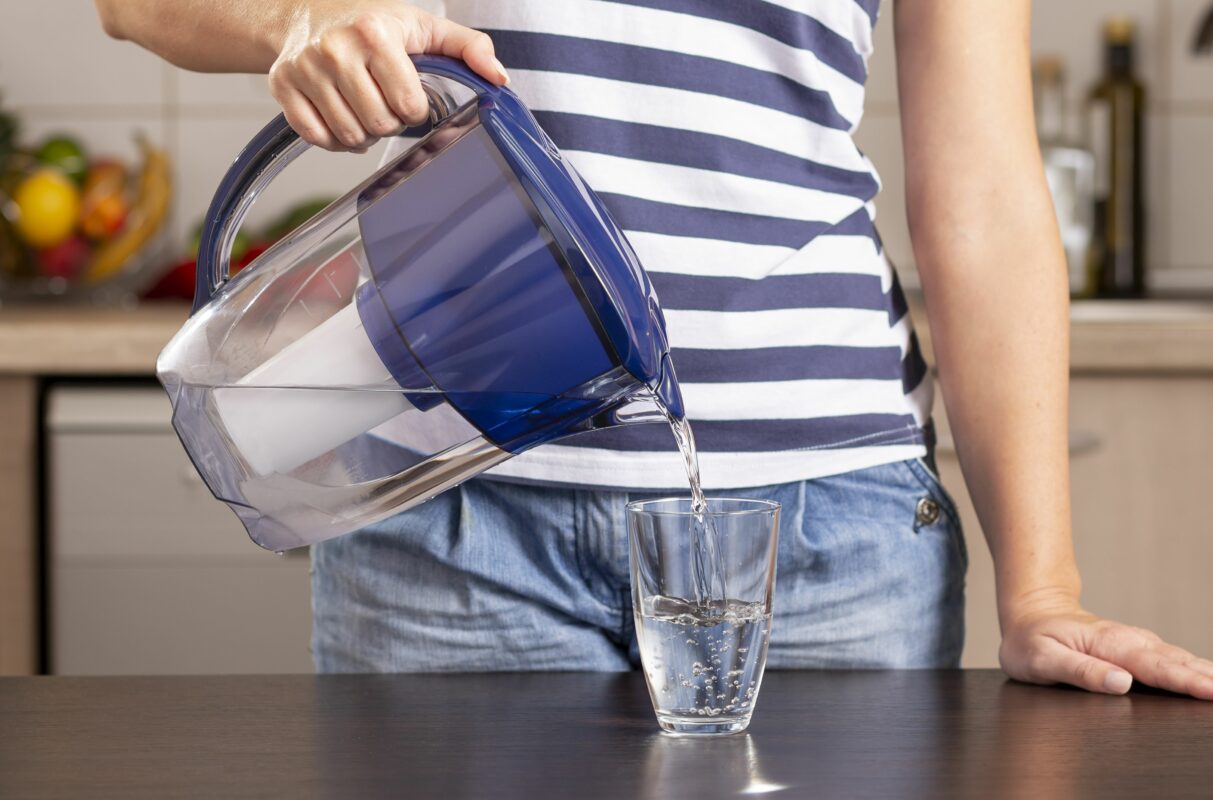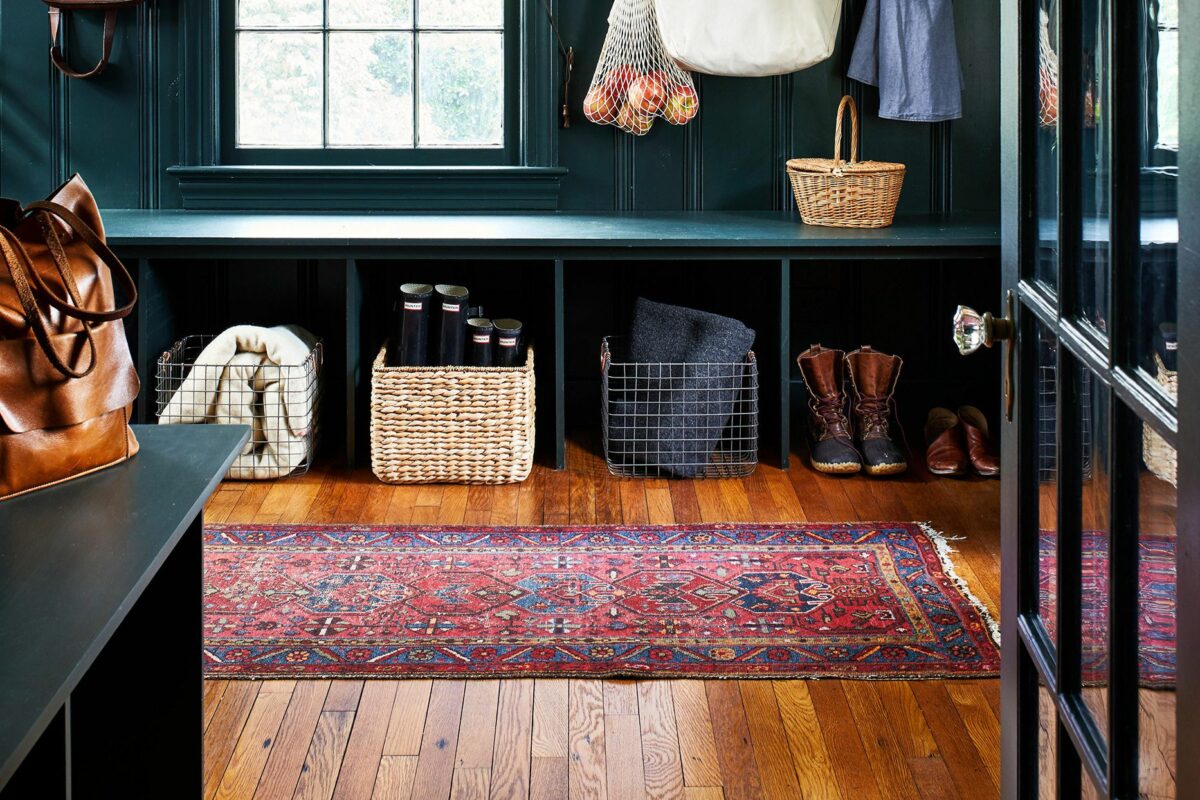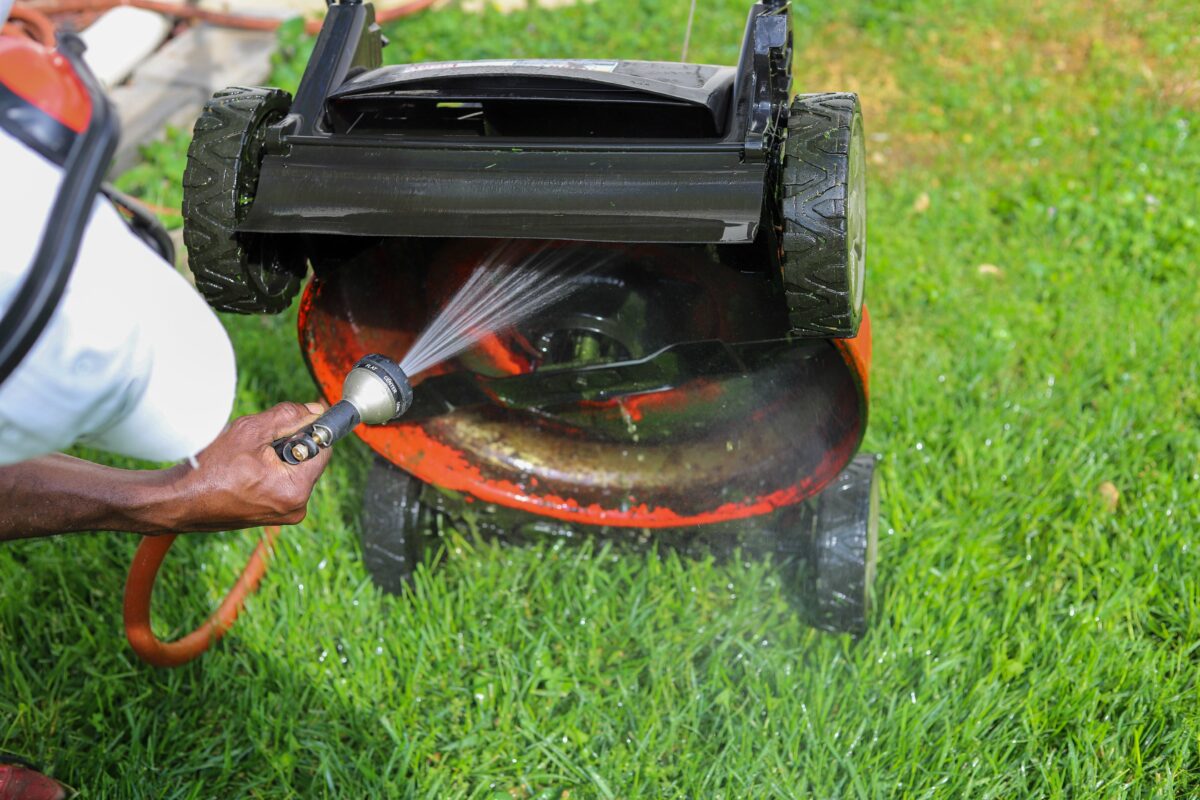Prized for its good looks and durability, granite remains a popular choice for countertops, floors, and backsplashes. Granite is easy to care for (routine cleaning is as simple as water, a mild dish soap, and a soft cloth) and is generally stain-resistant. Still, you’ll want to take precautions when cleaning granite countertops, especially with natural cleaners like vinegar and lemon that can damage the stone. Employ these care and cleaning strategies to ensure your granite surfaces retain their natural beauty.
What Is Granite?
Granite is a siliceous stone composed primarily of silicates, such as quartz, feldspar, and mica. These create the colorful flecks and sparkling veins that make granite a favored finish for kitchens and baths. Granite is one of the hardest stones used in interior applications and has antibacterial traits. In addition, it’s naturally resistant to heat, water, scratches, and most acids found in kitchen settings. Green cleaning favorites such as vinegar and lemon are a no-go for granite, as they can damage the material.
How to Clean Granite Countertops
You love your granite countertops for their gorgeous pattern, but crumbs can easily hide among the speckles and swirls. To ensure your granite countertops are residue-free, get down at eye level with your countertops and do an inspection. You’ll be able to spot crumbs and debris you may have missed.
Step 1: Wipe the Countertops. To clean granite, use a soft cotton cloth along with a mild liquid dishwashing detergent and warm water. If you want to go the easy route, use a commercially available stone cleaner. Debra Johnson, Merry Maids’ home cleaning expert, recommends Take It For Granite, a spray that safely cleans granite countertops, floors, and shower walls.
Step 2: Rinse and Dry. After washing with a soap solution, rinse the surface with water and dry with a soft cloth to eliminate water spots and streaking.
Step 3: Deep Clean (Optional). For a deeper-cleaning solution, fill a spray bottle with a 50/50 mix of rubbing alcohol and water; housekeeping and organization expert Amanda Thomas, founder of Moxie Girl, says the spray cleaner gives granite surfaces a nice shine. This combination can also help eliminate germs and disinfect granite surfaces.
How to Remove Stains from Granite Countertops
Although your granite may be properly sealed, a sealant is designed to repel stains rather than completely prevent them. Always wipe up spills as they happen by blotting them, so they don’t spread. Then, clean the area with water and mild dish soap and rinse with clean water several times.
Though granite surfaces have some stain resistance, stains are still likely to pop up, especially in food preparation areas and bathroom vanities. Common stains that mar kitchen and bathroom surfaces include oil-based and organic stains. The Natural Stone Institute of America has a handy stone and granite stain removal guide to help you identify and remove these types of stains.
Step 1: Mix Poultice. A poultice can be an effective way to remove stains from granite countertops. The experts at Molly Maids recommend using baking soda as a cleaning base and adding water for oil-based stains or hydrogen peroxide for water-based stains. Mix the baking soda and liquid into a paste.
Step 2: Apply Paste and Scrub. Apply the poultice to the stain. Next, gently scrub the countertop with a soft cloth.
Step 3: Rinse and Repeat. Rinse with water and repeat until the stain is lifted.
Step 4: Cover with Plastic and Let Sit (Optional). If the paste-rinse-repeat method isn’t getting the job done, apply another layer of paste and cover the area with plastic wrap. Tape down the edges of the plastic wrap and let it sit overnight or as long as a few days. Remove the plastic wrap, rinse, and gently scrub the spot with a soft cloth.
How to Clean Granite Countertops with Natural Products
While natural products like lemon and vinegar are a go-to for DIY cleaning solutions, you should leave them on the shelf when cleaning granite. Instead, one of the best ways to clean granite naturally is to reach for mild dish soap.
Thomas advises cleaning granite countertops daily with a damp rag and a mild dishwashing liquid and drying surfaces with a microfiber towel. Drying is a crucial step because it helps eliminate pesky water spots.
And you’ll find plenty of natural options for dishwashing soap: Look for products with simple ingredients and transparency in their labeling. The FDA doesn’t require as stringent labeling as for food and drugs, but the Environmental Working Group’s Cleaners and Air Freshener Guide provides consumers with information about ingredients and products to make a more informed decision about what you bring into your home.
How to Keep Granite Clean for Longer
Maintenance and preventative measures can go a long way to keep your granite surfaces looking sharp. Mike Loflin, industry research & information manager at the Natural Stone Institute, recommends these tips to help safeguard your granite:
- Think about sealing: Sealing granite surfaces with an impregnating sealer supplies protection against stains. Sealers don’t make stone surfaces stain-proof but create surfaces that are more resistant to stains. Sealers in food preparation areas must be non-toxic and safe for use with food.
- Use preventative measures: Always put coasters under glasses, particularly those containing alcohol or citrus juices, and place hot dishes on trivets. Don’t store staining items—such as cooking oils, oil-based cosmetics, and creams—on granite countertops.
- Protect against abrasive sand, dirt, and grit: Frequently mop interior floors using a clean non-treated dry dust mop. Minimize tracked-in dirt by placing slip-resistant mats or area rugs inside and outside entrances. If using a vacuum cleaner on granite floors, make sure that attachments and wheels are in tip-top shape; worn equipment can scratch granite.
- Stay on top of spills: Immediately blot (don’t wipe) spills with a paper towel. Wiping spreads spills. Flush the area with a mix of water and mild dish soap; rinse several times. Dry the area thoroughly with a soft cloth. Repeat as necessary.
- Avoid harsh cleaners: Granites may contain trace levels of acid-sensitive minerals, so don’t use cleaning products containing lemon, vinegar, or other acids. Don’t use scouring powders or abrasive creams, or rust removers. Steer clear of ammonia, bleach, or cleaning products with solvents or caustics that could remove sealers.
When to Call a Professional
Granite surfaces are an investment that you’ll want to keep looking good for years to come. If you’re new to granite care and have questions, whether you just installed new countertops or moved into a home with existing granite surfaces, it’s a good idea to talk with a pro at your local stone shop and ask questions. A stone shop can also set you up on a sealing schedule and even recommend specific commercial cleaning products.


